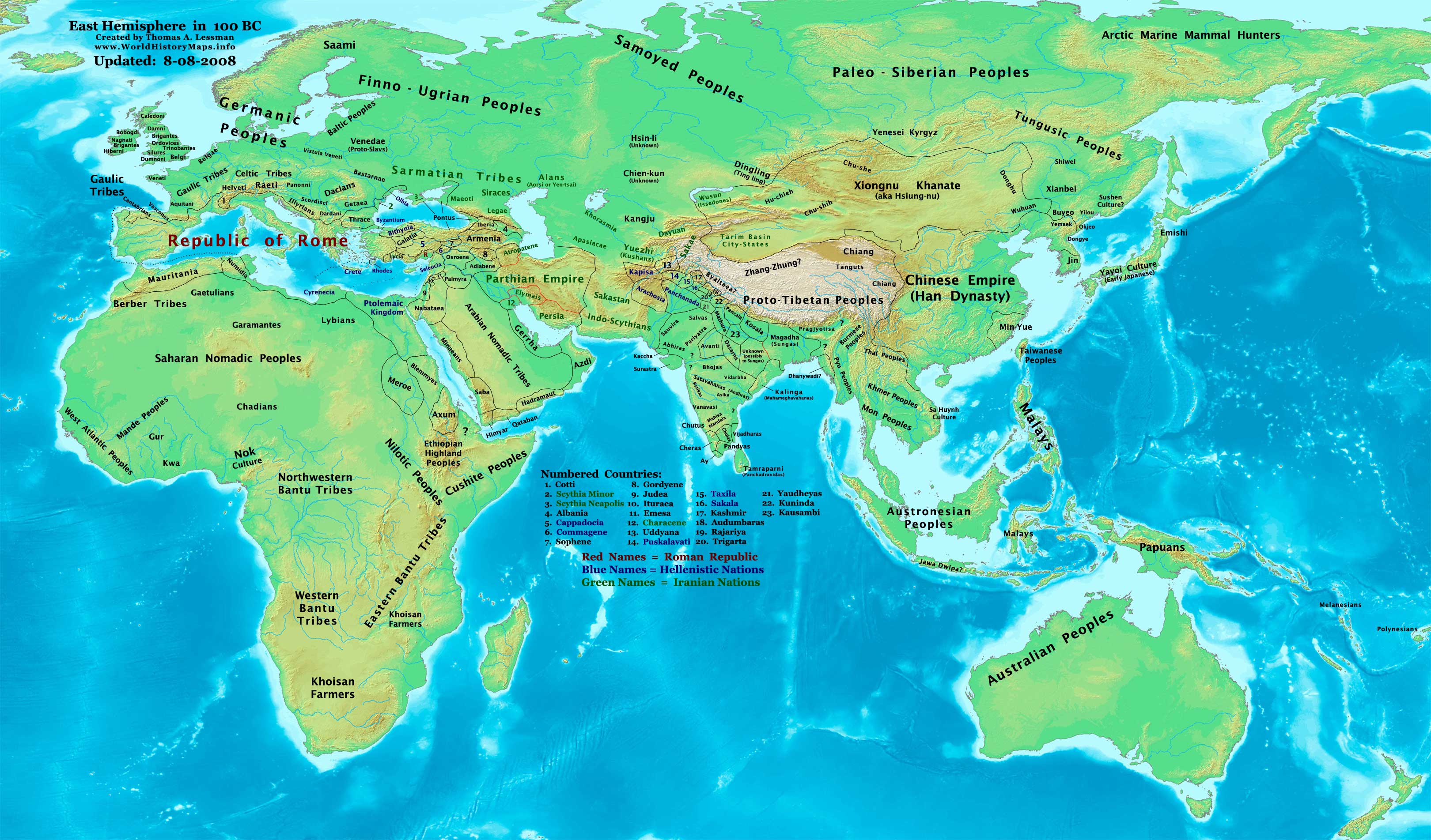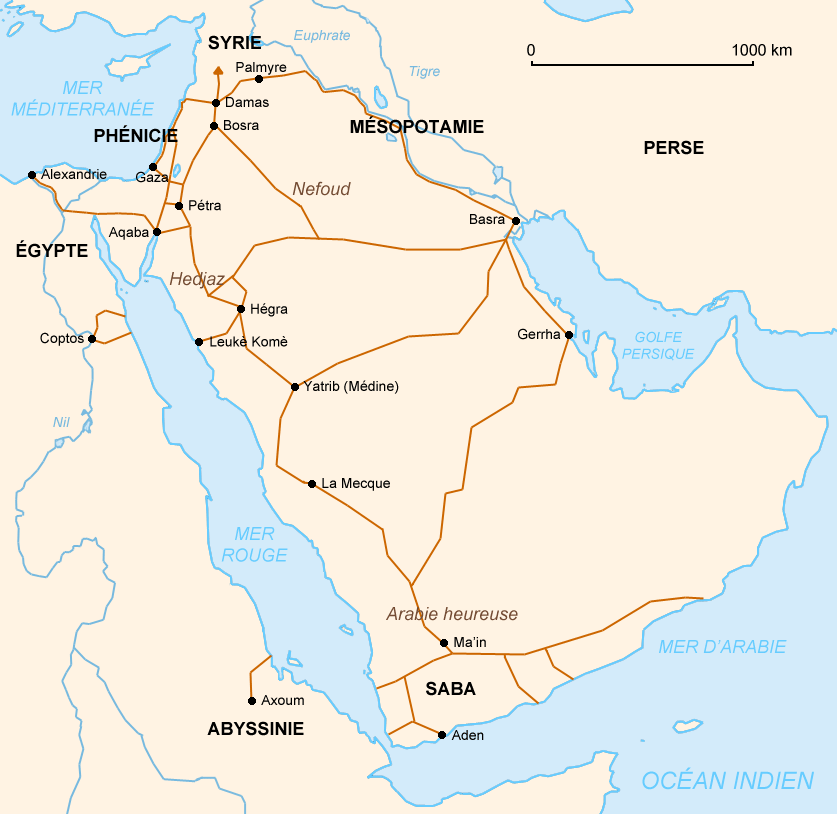Gerrha on:
[Wikipedia]
[Google]
[Amazon]

 Gerrha () was an ancient and renowned city within
Gerrha () was an ancient and renowned city within

 Gerrha () was an ancient and renowned city within
Gerrha () was an ancient and renowned city within Eastern Arabia
Eastern Arabia () is a region stretched from Basra to Khasab along the Persian Gulf coast and included parts of modern-day Bahrain, Iraq, Kuwait, Oman, Qatar, Saudi Arabia (Eastern Province, Saudi Arabia, Eastern Province), and the United Arab ...
, on the west side of the persian Gulf
The Persian Gulf, sometimes called the Arabian Gulf, is a Mediterranean seas, mediterranean sea in West Asia. The body of water is an extension of the Arabian Sea and the larger Indian Ocean located between Iran and the Arabian Peninsula.Un ...
. Known from Greek sources, it has been identified with a few candidate archaeological sites in Eastern Arabia
Eastern Arabia () is a region stretched from Basra to Khasab along the Persian Gulf coast and included parts of modern-day Bahrain, Iraq, Kuwait, Oman, Qatar, Saudi Arabia (Eastern Province, Saudi Arabia, Eastern Province), and the United Arab ...
, with the main candidates being Hagar (modern-day Hofuf) and Thaj.
In the aftermath of the conquests of Alexander the Great
Alexander III of Macedon (; 20/21 July 356 BC – 10/11 June 323 BC), most commonly known as Alexander the Great, was a king of the Ancient Greece, ancient Greek kingdom of Macedonia (ancient kingdom), Macedon. He succeeded his father Philip ...
, and his successors of the Seleucid Empire in the region, Gerrha became a site of central importance in the Hellenistic world and the major site of trading in the Persian Gulf
The Persian Gulf, sometimes called the Arabian Gulf, is a Mediterranean seas, mediterranean sea in West Asia. The body of water is an extension of the Arabian Sea and the larger Indian Ocean located between Iran and the Arabian Peninsula.Un ...
region. It was a major source of Arabian aromatics and for the transport of goods from India
India, officially the Republic of India, is a country in South Asia. It is the List of countries and dependencies by area, seventh-largest country by area; the List of countries by population (United Nations), most populous country since ...
.
Description
Gerrha was located at or near thePersian Gulf
The Persian Gulf, sometimes called the Arabian Gulf, is a Mediterranean seas, mediterranean sea in West Asia. The body of water is an extension of the Arabian Sea and the larger Indian Ocean located between Iran and the Arabian Peninsula.Un ...
, possessing a port and an inland town. A detailed description of the city was offered by the geographer Strabo
Strabo''Strabo'' (meaning "squinty", as in strabismus) was a term employed by the Romans for anyone whose eyes were distorted or deformed. The father of Pompey was called "Gnaeus Pompeius Strabo, Pompeius Strabo". A native of Sicily so clear-si ...
:After sailing along the astcoast of Arabia rom the outlet of the Euphratesfor a distance of 2400 stadia .380 kmone comes to Gerrha, a city situated on a deep gulf. It is inhabited by Chaldaeans, exiles from Babylon. The soil contains salt and the people live in houses made of salt; and since flakes of salt continually scale off, owing to the scorching heat of the rays of the sun, and fall away, the people frequently sprinkle the houses with water and thus keep the walls firm. The city is 200 stadia .32 kmdistant from the sea; and the Gerrhaeans traffic by land, for the most part, in the Arabian merchandise and aromatics. However Aristobulus says, on the contrary, that the Gerrhaeans import most of their cargoes on rafts to Babylonia, and thence sail up the Euphrates with them, and then convey them by land to all parts of the country.
History
At first, Gerrha's trade exports moved toBabylonia
Babylonia (; , ) was an Ancient history, ancient Akkadian language, Akkadian-speaking state and cultural area based in the city of Babylon in central-southern Mesopotamia (present-day Iraq and parts of Kuwait, Syria and Iran). It emerged as a ...
and transports moved by sea. However, soon during or after the lifetime of Alexander the Great
Alexander III of Macedon (; 20/21 July 356 BC – 10/11 June 323 BC), most commonly known as Alexander the Great, was a king of the Ancient Greece, ancient Greek kingdom of Macedonia (ancient kingdom), Macedon. He succeeded his father Philip ...
, Gerrha's transports began moving in the direction of Egypt and Syria and the mode of transport shifted from by sea to by land. Gerrhean incense is reported as an ingredient in Greek poison and it was also an essential item on some discovered shopping lists. Some Gerrheans have been documented in the West, like Taymallat of Gerrha, who made some offerings in the Aegean island of Delos.
Polybius
Polybius (; , ; ) was a Greek historian of the middle Hellenistic period. He is noted for his work , a universal history documenting the rise of Rome in the Mediterranean in the third and second centuries BC. It covered the period of 264–146 ...
reports that the Seleucid emperor Antiochus III sailed to Gerrha in 205 BC. The Gerrhaeans petitioned, and were granted by Antiochous, the rite to practice their religious customs. Robert Hoyland has suggested that a likely factor in this expedition was for Antiochus to use a show of force to get the Gerrhaeans to direct more of their trade through his territory. As the Seleucid domain expanded through military victories against the Ptolemies, Gerrha's trading partners also expanded to include Palestine, Syria, and the Nabataeans
The Nabataeans or Nabateans (; Nabataean Aramaic: , , vocalized as ) were an ancient Arabs, Arab people who inhabited northern Arabian Peninsula, Arabia and the southern Levant. Their settlements—most prominently the assumed capital city o ...
.
By the first and second centuries AD, Gerrha as a city begins to decline. The exact causes are not known but one possibility is that the new Parthian Empire
The Parthian Empire (), also known as the Arsacid Empire (), was a major Iranian political and cultural power centered in ancient Iran from 247 BC to 224 AD. Its latter name comes from its founder, Arsaces I, who led the Parni tribe ...
began to take over its trade routes with India. As Gerrha's influence declined, an encroachment of Arab tribes into the region also took place.
The city of Gerrha was taken by the Qarmatians at the end of the ninth century.
Location and etymology
To the Ancient Greeks, eastern Arabia (the present-day al-Hasa province) was known as Gerrha after its capital city. Gerrha was a Greek alteration of the Arabic Hajar (present-day Hofuf), the name of the largest city of ancient Bahrayn (Bahrayn was also known as Hagar or Gerrha inHellenistic
In classical antiquity, the Hellenistic period covers the time in Greek history after Classical Greece, between the death of Alexander the Great in 323 BC and the death of Cleopatra VII in 30 BC, which was followed by the ascendancy of the R ...
times).
Other English spellings are ''Hajar Hufuf, Hajar Hasa' Hajarah''. Hagar (Gerrha) is not to be confused with the west Arabian Al-Hijr (al-Hijrah, ancient Hegra), the present-day Mada'in Saleh or al-Ula near the Red Sea. Al-Hamdani says the etymology of ''Hajar'' means ‘large village’ in the Himyaritic language (derived from Hakar).
The researcher Abdulkhaliq Al Janbi argued in his book that Gerrha was most likely the ancient city of Hajar, located in modern-day Al-Ahsa, Saudi Arabia
Saudi Arabia, officially the Kingdom of Saudi Arabia (KSA), is a country in West Asia. Located in the centre of the Middle East, it covers the bulk of the Arabian Peninsula and has a land area of about , making it the List of Asian countries ...
. Al-Janbi's theory is the most widely accepted one by modern scholars, although there are some difficulties with this argument, given that Al-Ahsa is 60 km inland and thus less likely to be the starting point for a trader's route, making a location within the archipelago of islands comprising the modern Kingdom of Bahrain, particularly the main island of Bahrain itself, another possibility.
Another location suggested as Gerrha is Thaj.
See also
*Chaldea
Chaldea () refers to a region probably located in the marshy land of southern Mesopotamia. It is mentioned, with varying meaning, in Neo-Assyrian cuneiform, the Hebrew Bible, and in classical Greek texts. The Hebrew Bible uses the term (''Ka� ...
* Eastern Arabia
Eastern Arabia () is a region stretched from Basra to Khasab along the Persian Gulf coast and included parts of modern-day Bahrain, Iraq, Kuwait, Oman, Qatar, Saudi Arabia (Eastern Province, Saudi Arabia, Eastern Province), and the United Arab ...
* Uqair, an ancient fort suggested by some historians as the location of Gerrha
References
Sources
* Bibby, Geoffrey (1970). ''Looking for Dilmun''. Collins, London. . * * {{coord missing, Saudi Arabia Archaeological sites in Saudi Arabia Ancient cities of the Middle East Former populated places in West Asia Populated places along the Silk Road History of Eastern Arabia